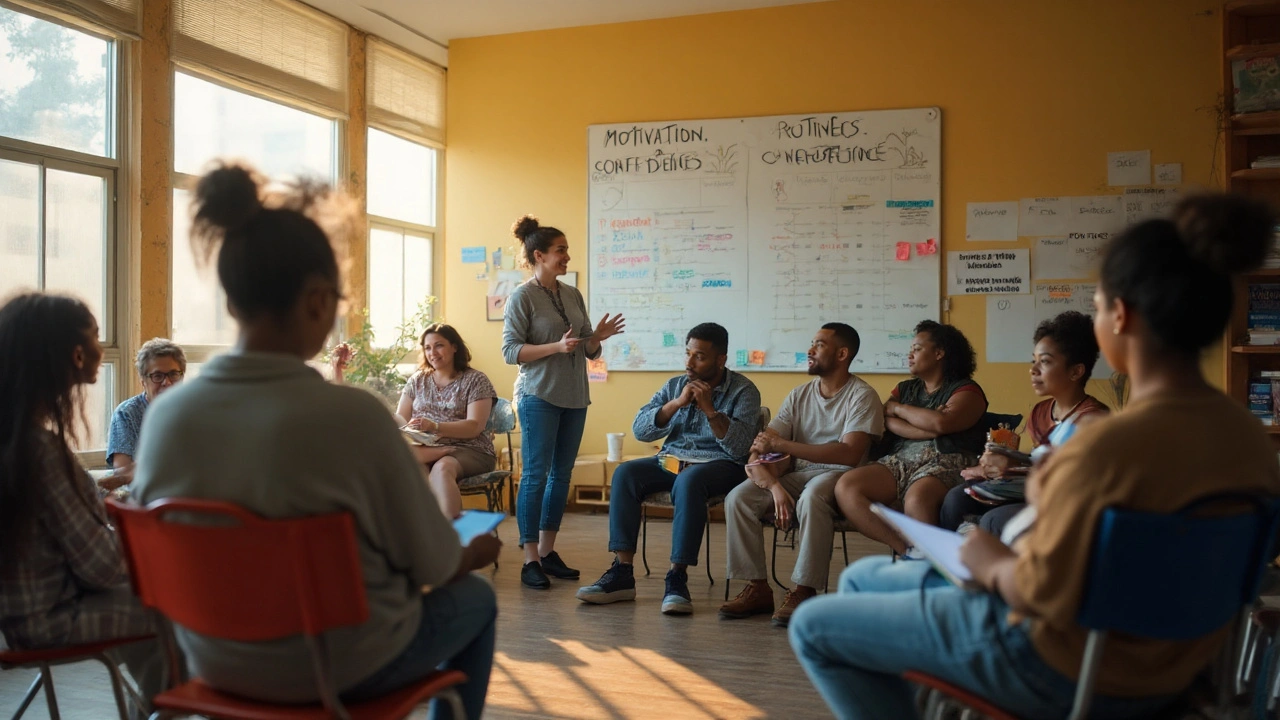

If you have ADHD, feeling alone is common, but you don’t have to handle it solo. Peer support groups bring together people who get what you’re going through, share tricks that actually work, and keep you motivated. In this guide we’ll show you why these groups matter, where to look for them, and how to make the most of every meeting.
Talking with someone who lives with ADHD does two things: it normalizes your experience and it gives you concrete ideas you can try today. Unlike generic articles, a peer can tell you what’s helped them manage distractibility at work or stay organized at home. Listening to real stories also cuts down the self‑judgment that often comes with ADHD, so you feel more confident taking action.
Start with a quick online search for "ADHD support group" plus your city or zip code. Many libraries, community centers, and local mental‑health clinics host free meet‑ups. If you prefer virtual, look for platforms like Reddit’s r/ADHD, Facebook groups, or dedicated apps that let you video‑chat with others. Check the group’s vibe – some are casual chat rooms, others focus on skill‑building or parent support. Pick the one that matches your goal, whether it’s daily accountability or just a safe space to vent.
When you join, bring a short list of topics you want to discuss – like time‑blocking, medication side effects, or staying on top of bills. Having a hook makes conversations flow and shows the group you’re engaged. Don’t be shy about sharing your own tips; giving advice often cements the habit for yourself.
Arrive with a notebook or digital app to capture ideas. Write down any strategies that sound doable, then test one or two before the next session. Follow up with group members if you need clarification – most people enjoy a quick message after the meeting. If the group uses a chat thread, pin the most helpful resources so you can revisit them later.
Remember that peer groups are a supplement, not a replacement for professional care. Keep your therapist or doctor in the loop about what you’re trying, especially if you’re experimenting with new routines or adjusting medication. A balanced approach gives you the best chance to see real improvement.
Lastly, give yourself credit for showing up. Consistency builds trust, and the more you participate, the richer the advice you’ll receive. Whether you meet once a week or jump into daily online forums, peer support can turn the chaos of ADHD into a network of practical solutions and encouragement.

See how ADHD support groups boost motivation, routines, and confidence. Evidence-backed benefits, what to expect, how to pick a group, and UK-friendly tips.